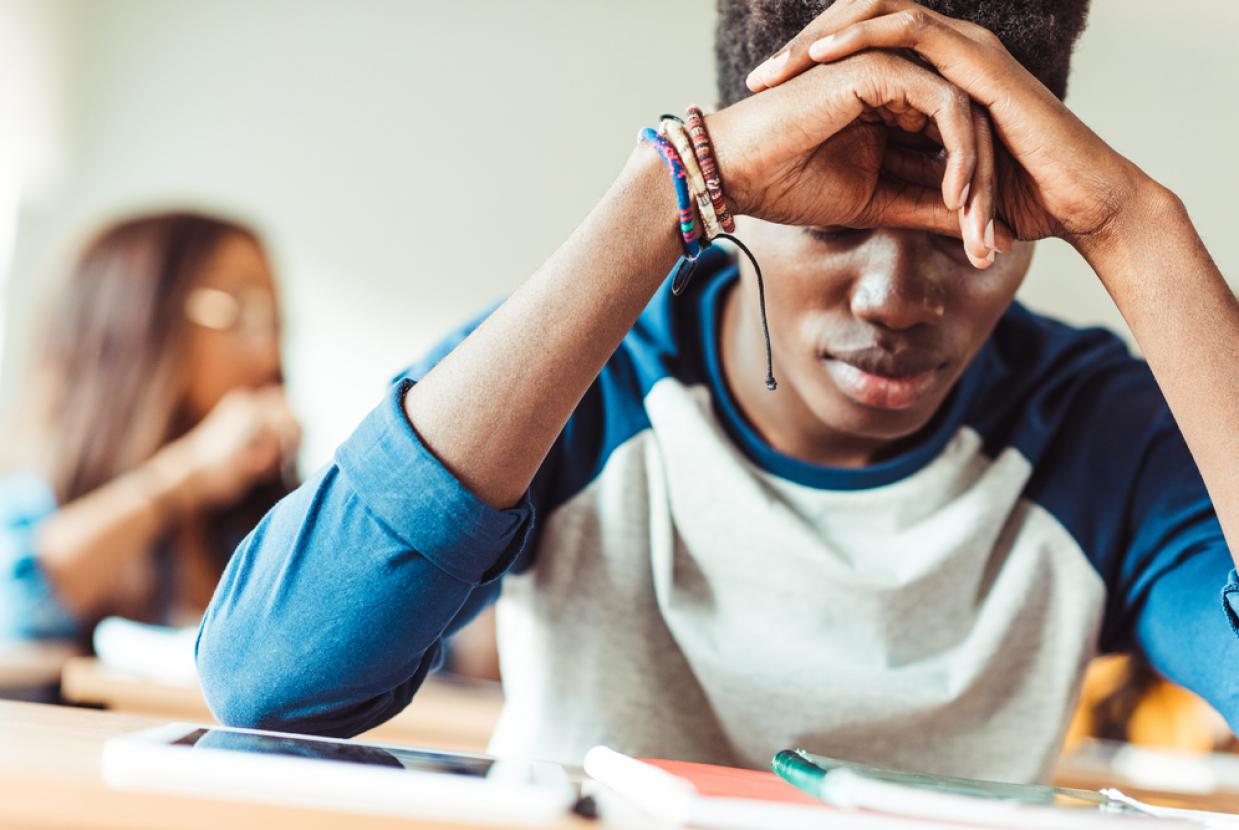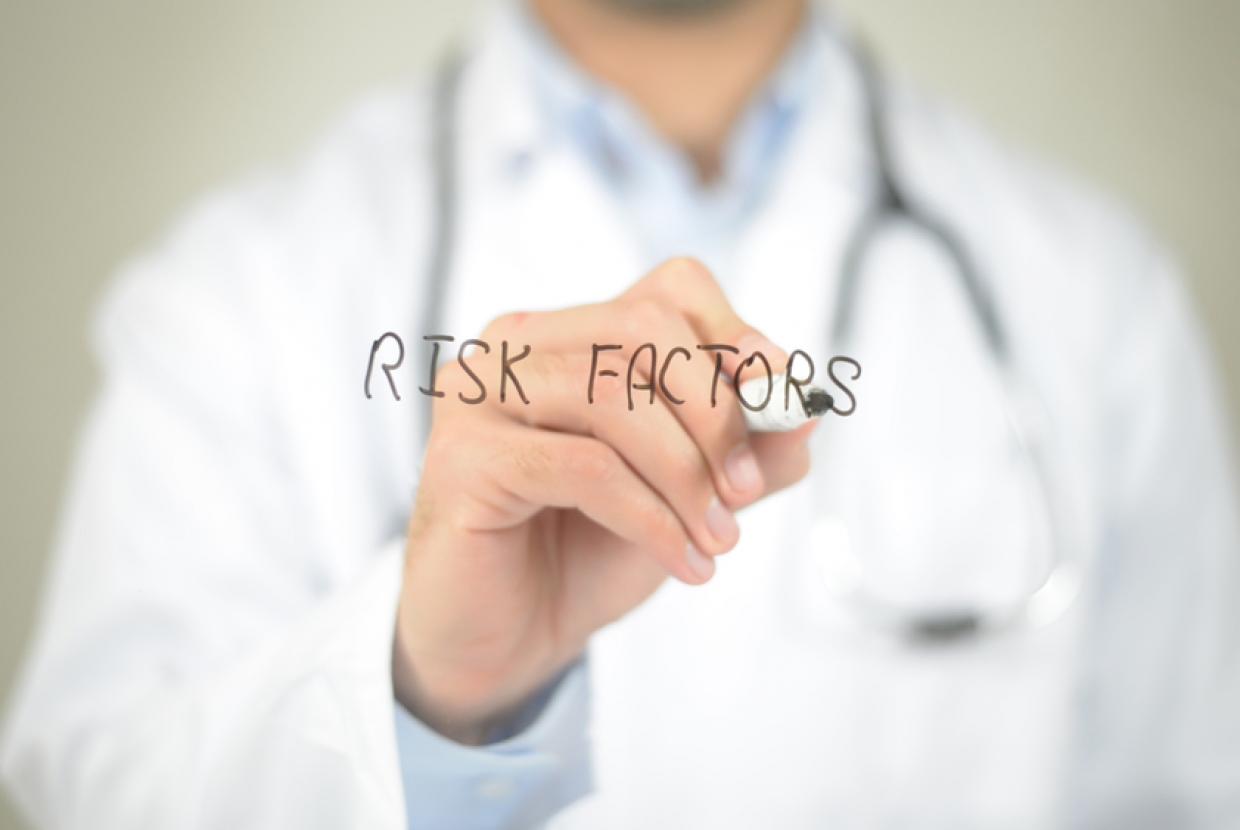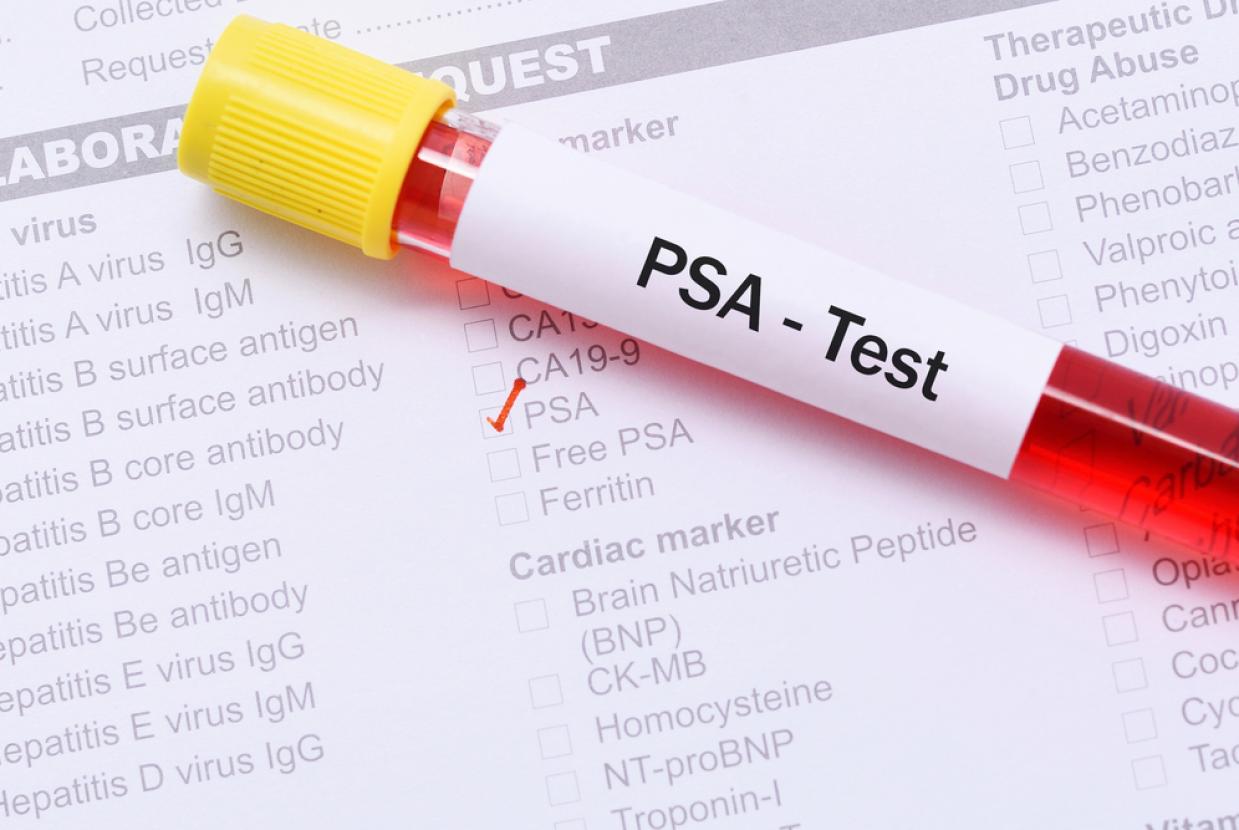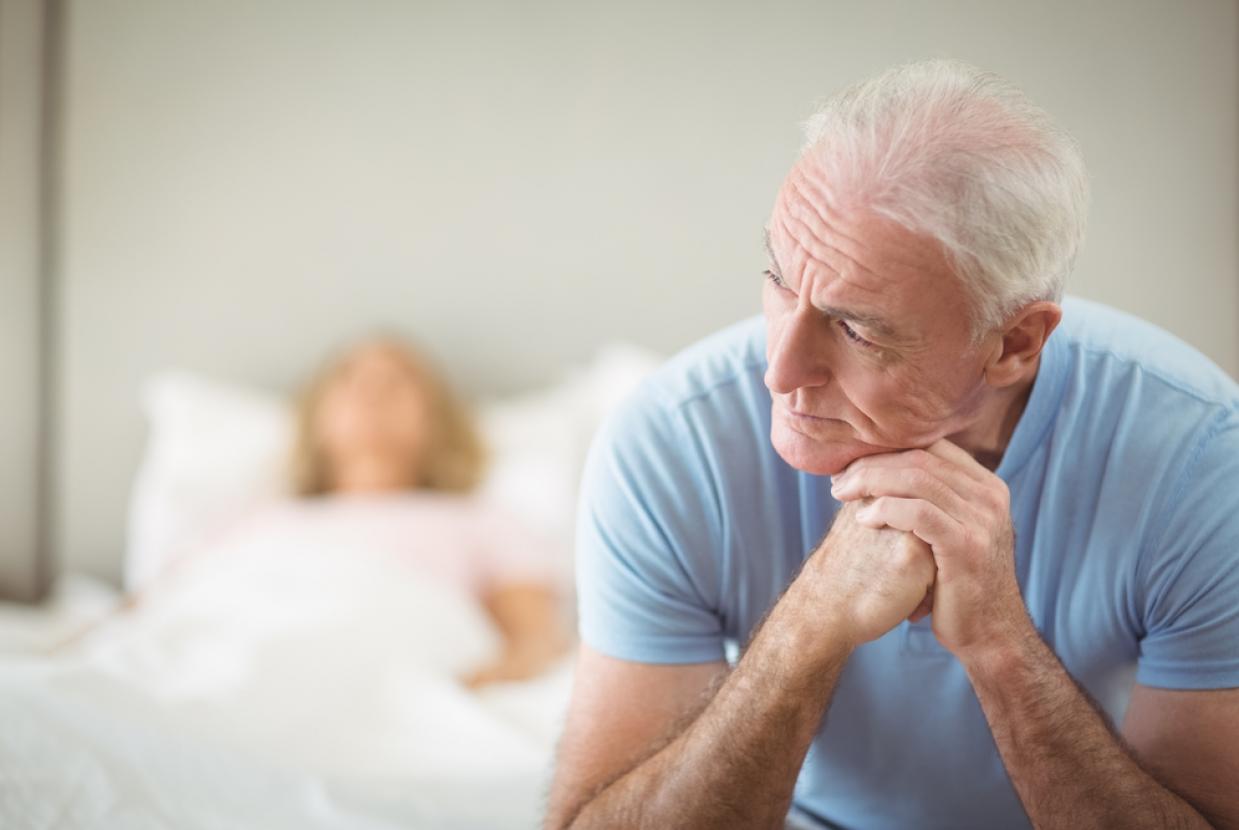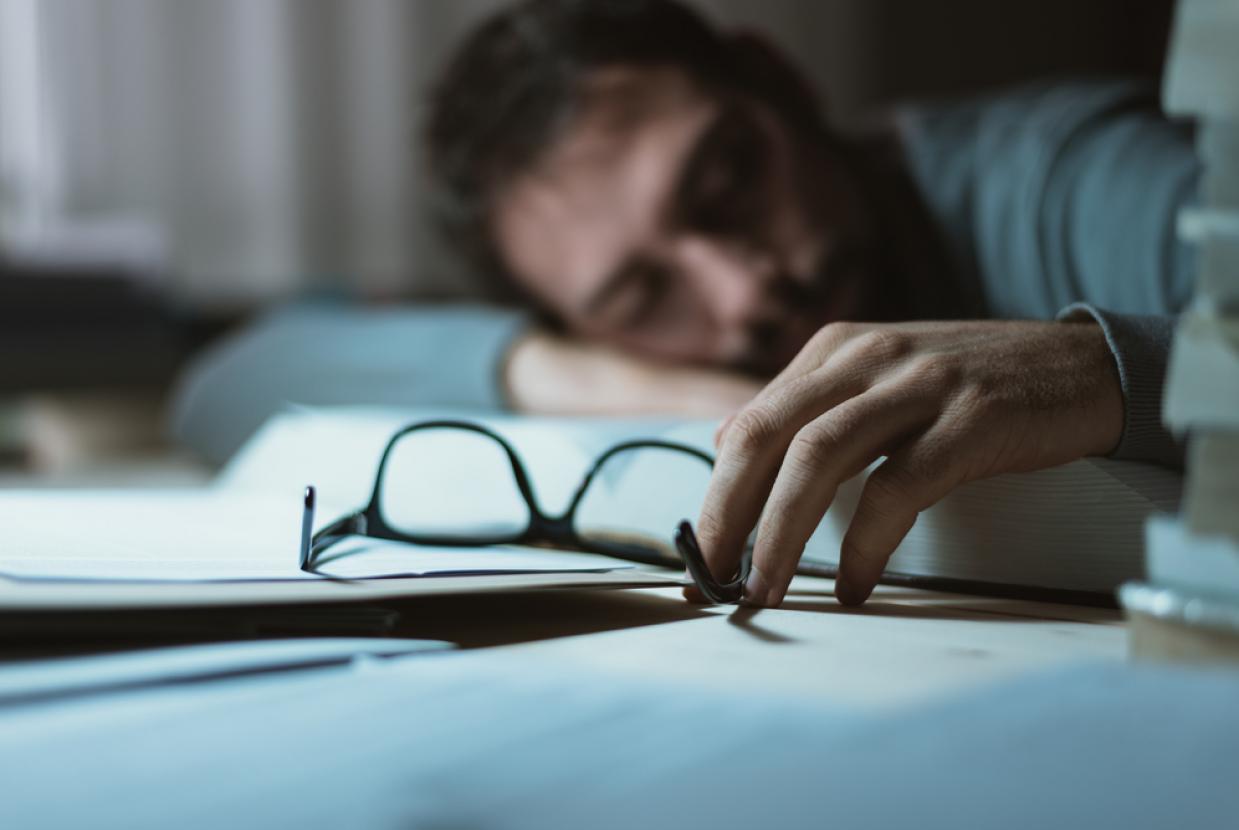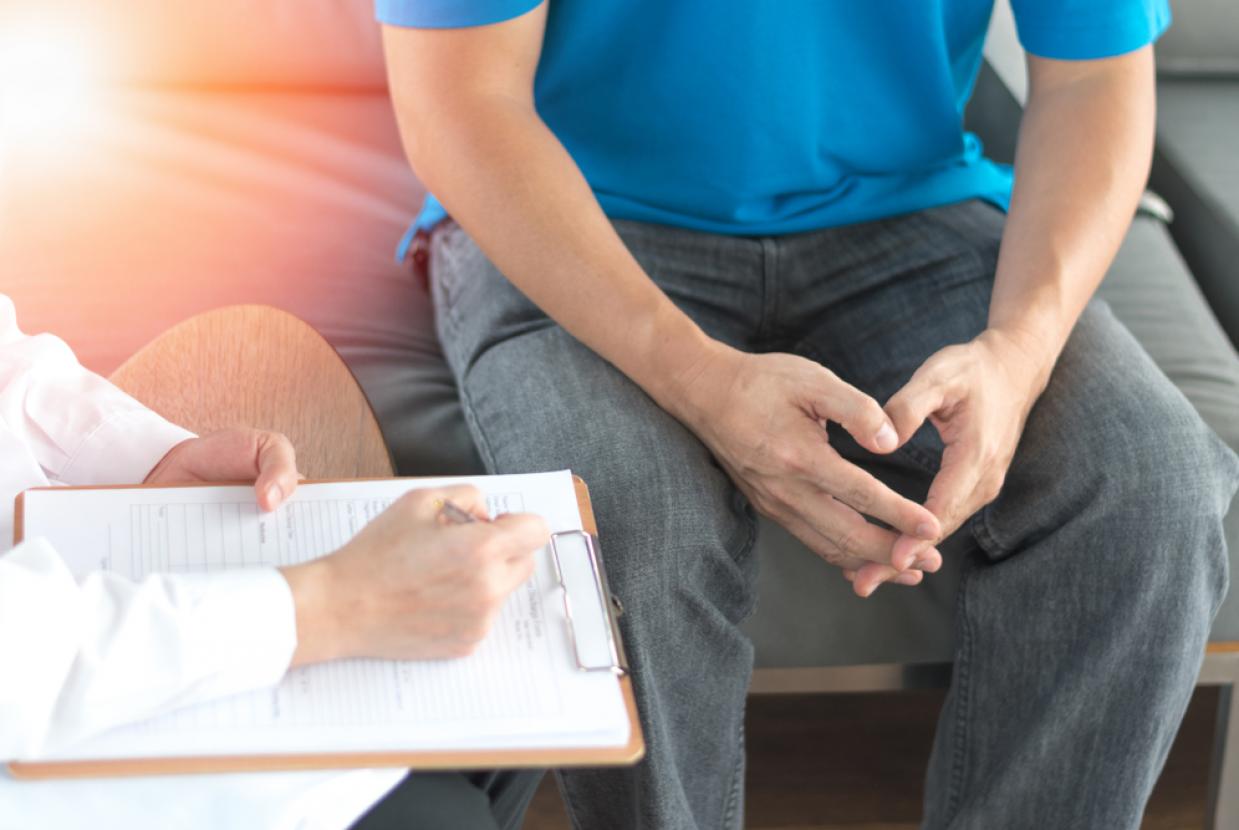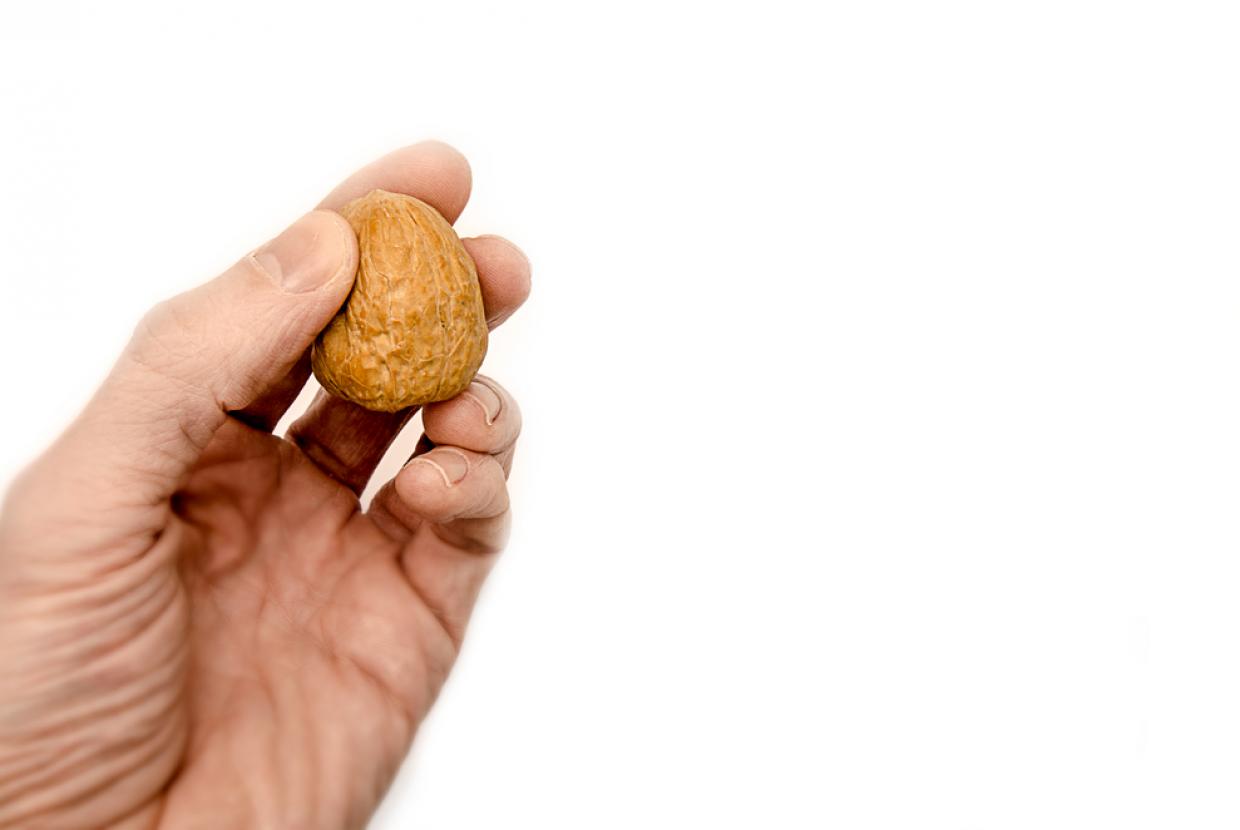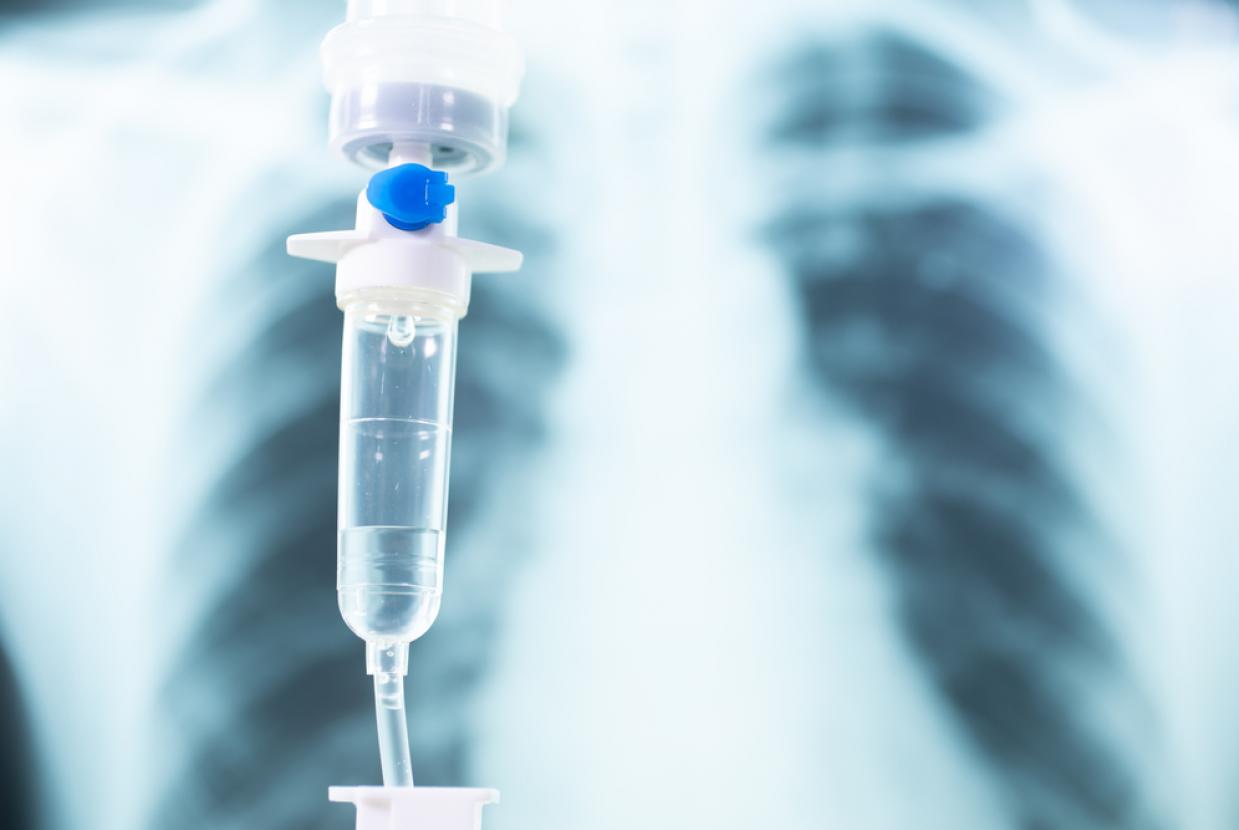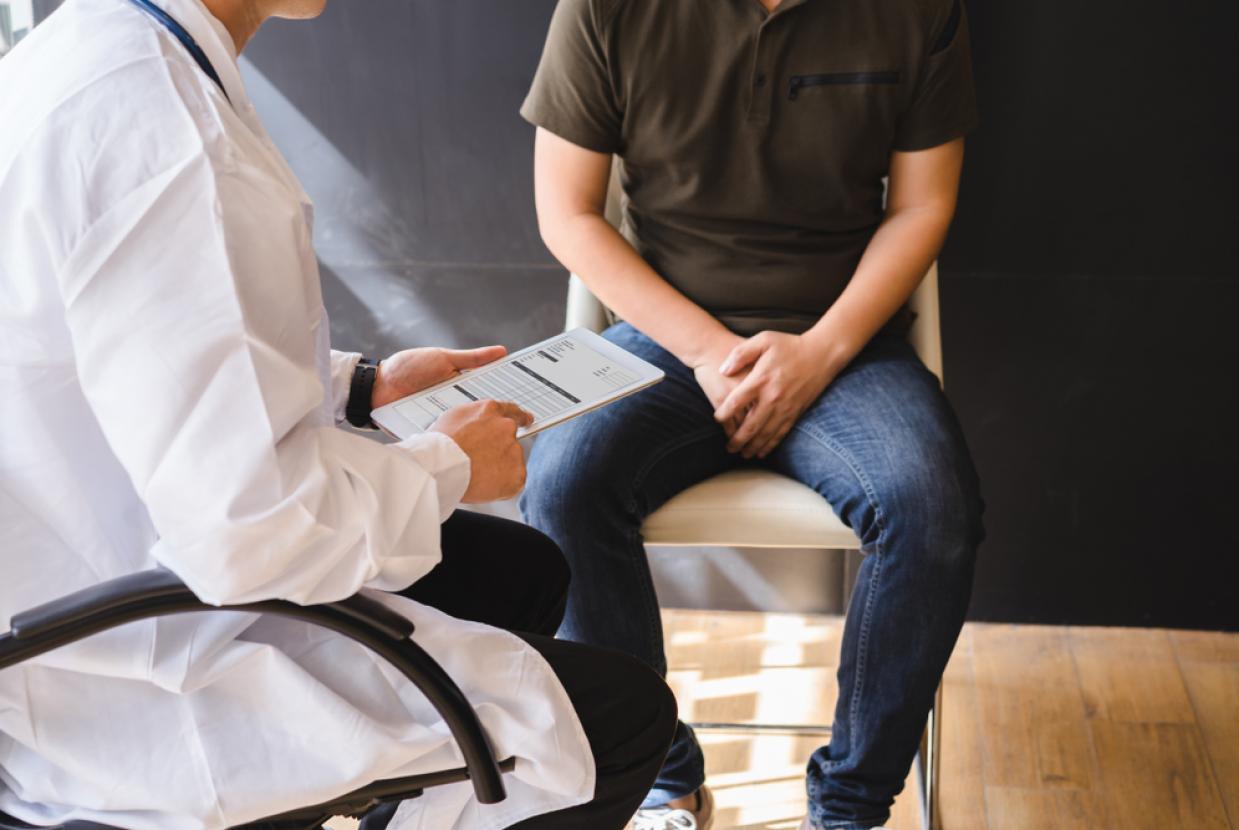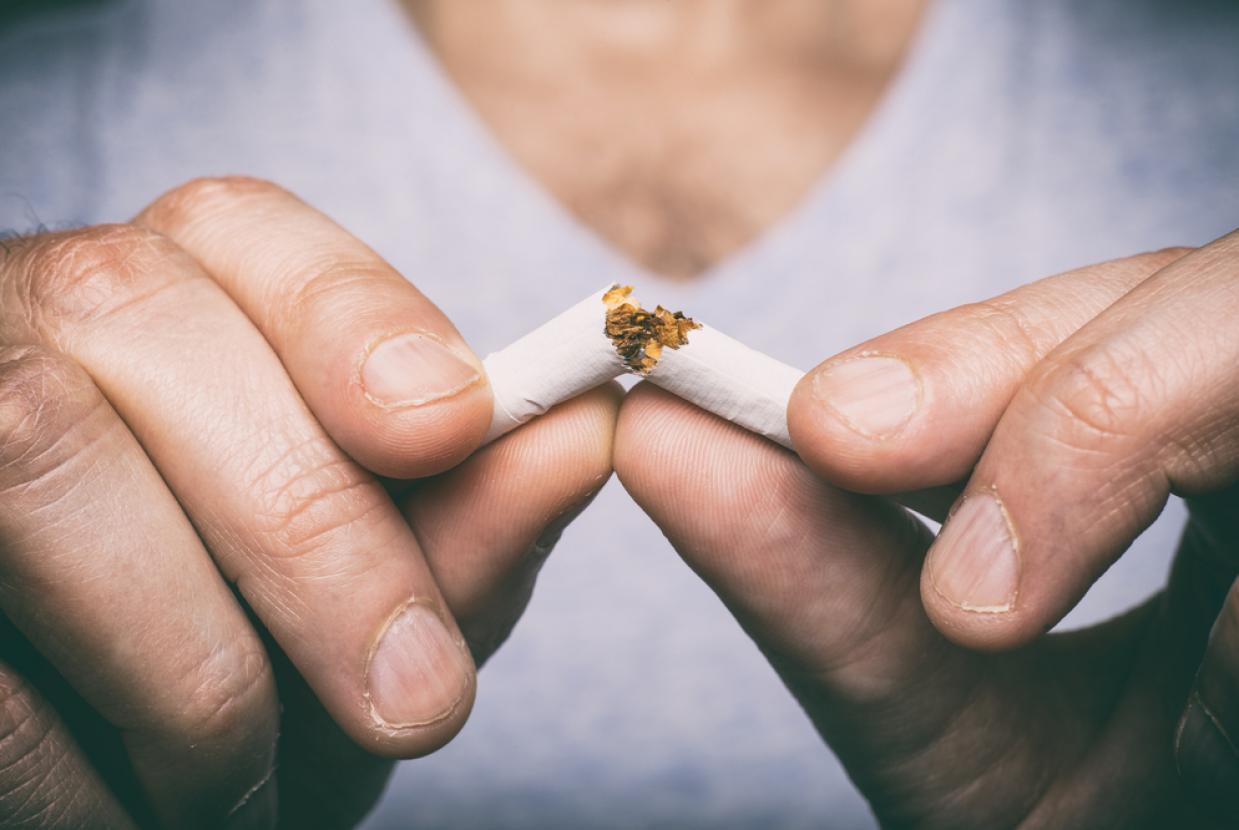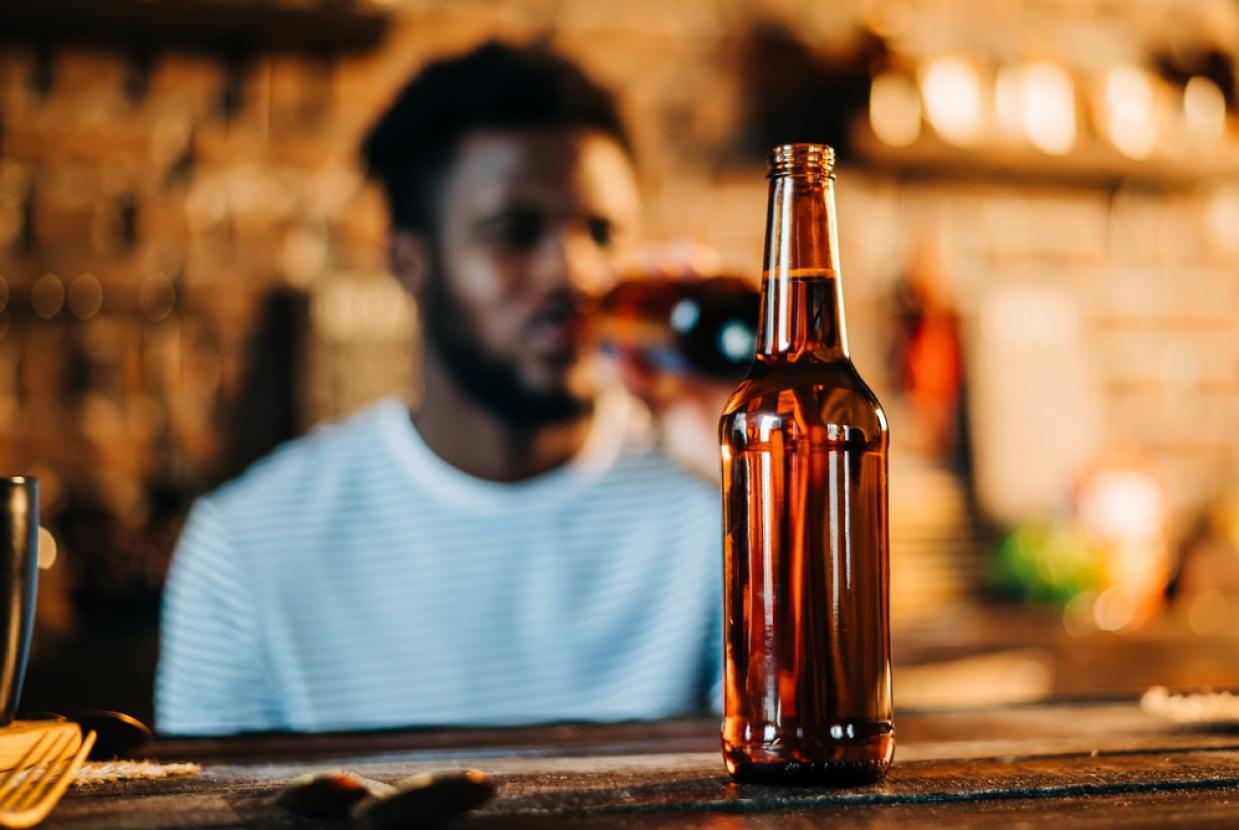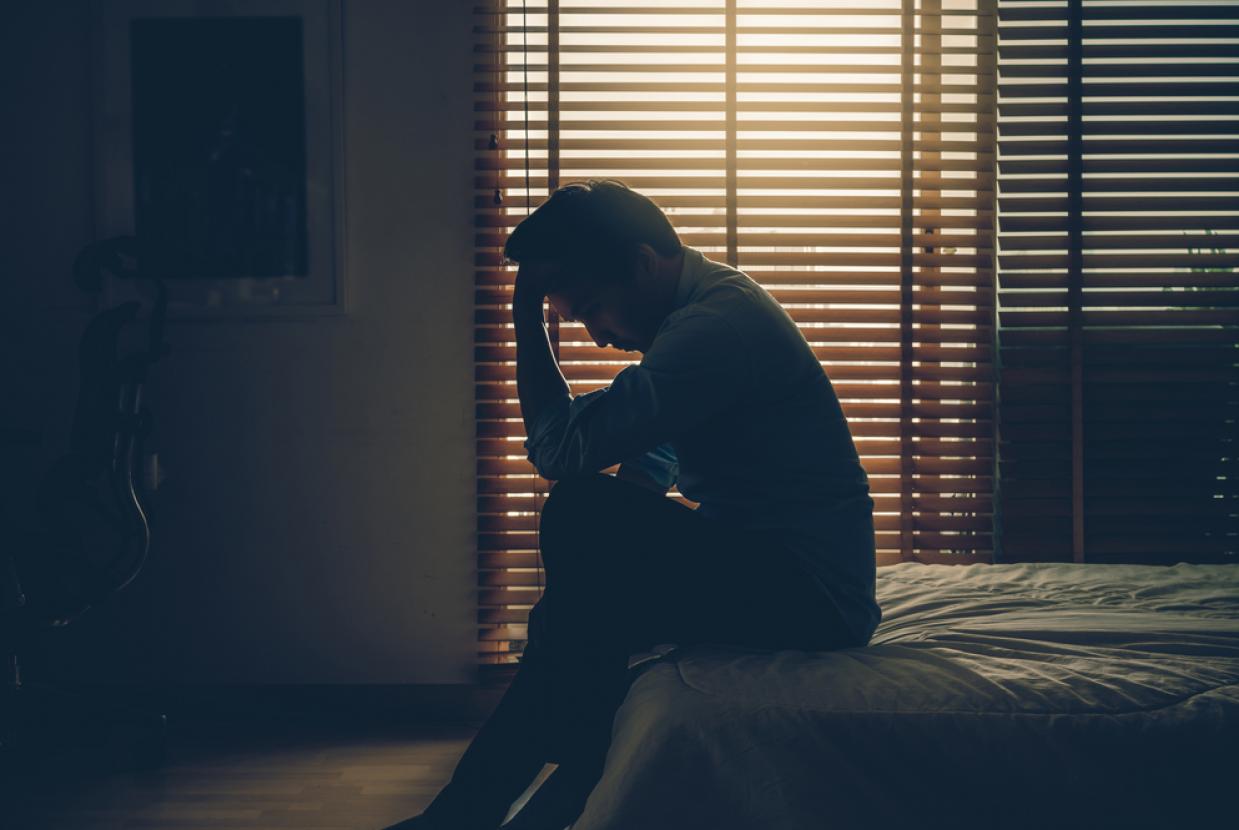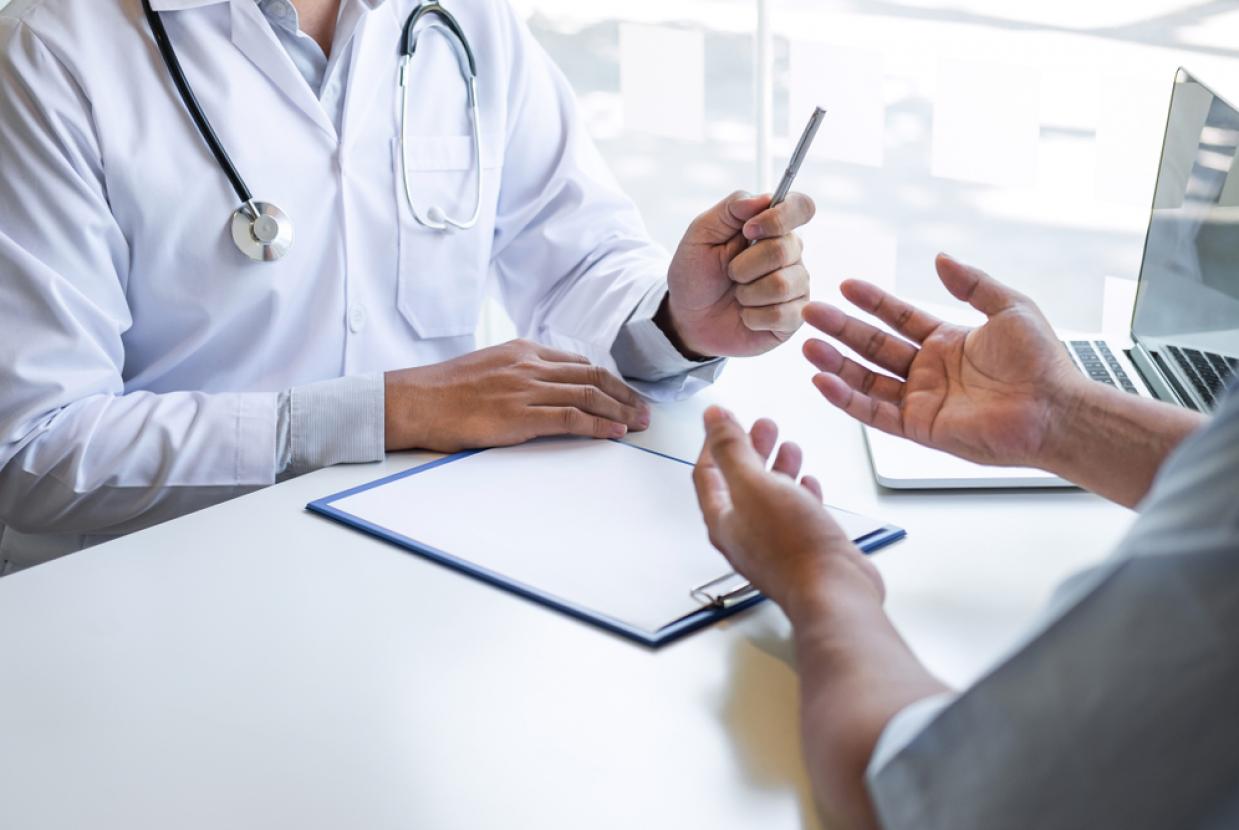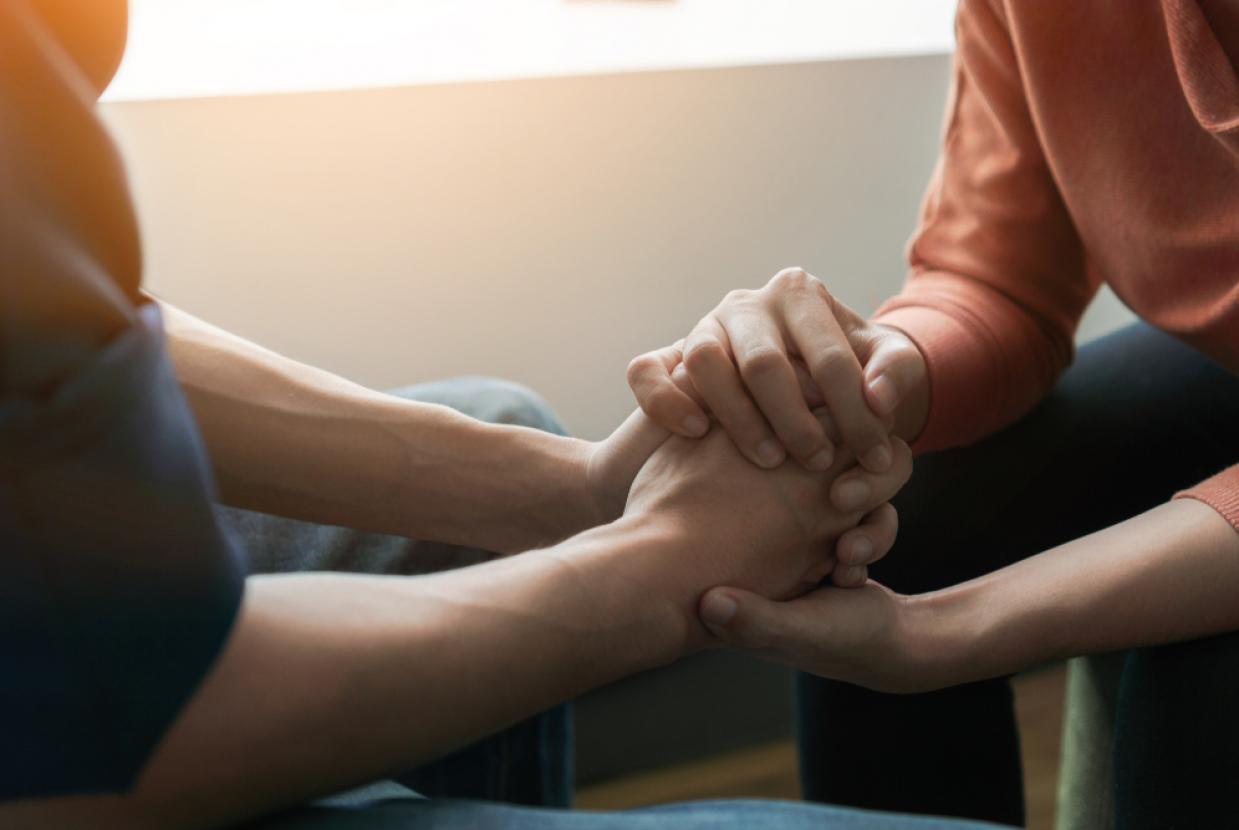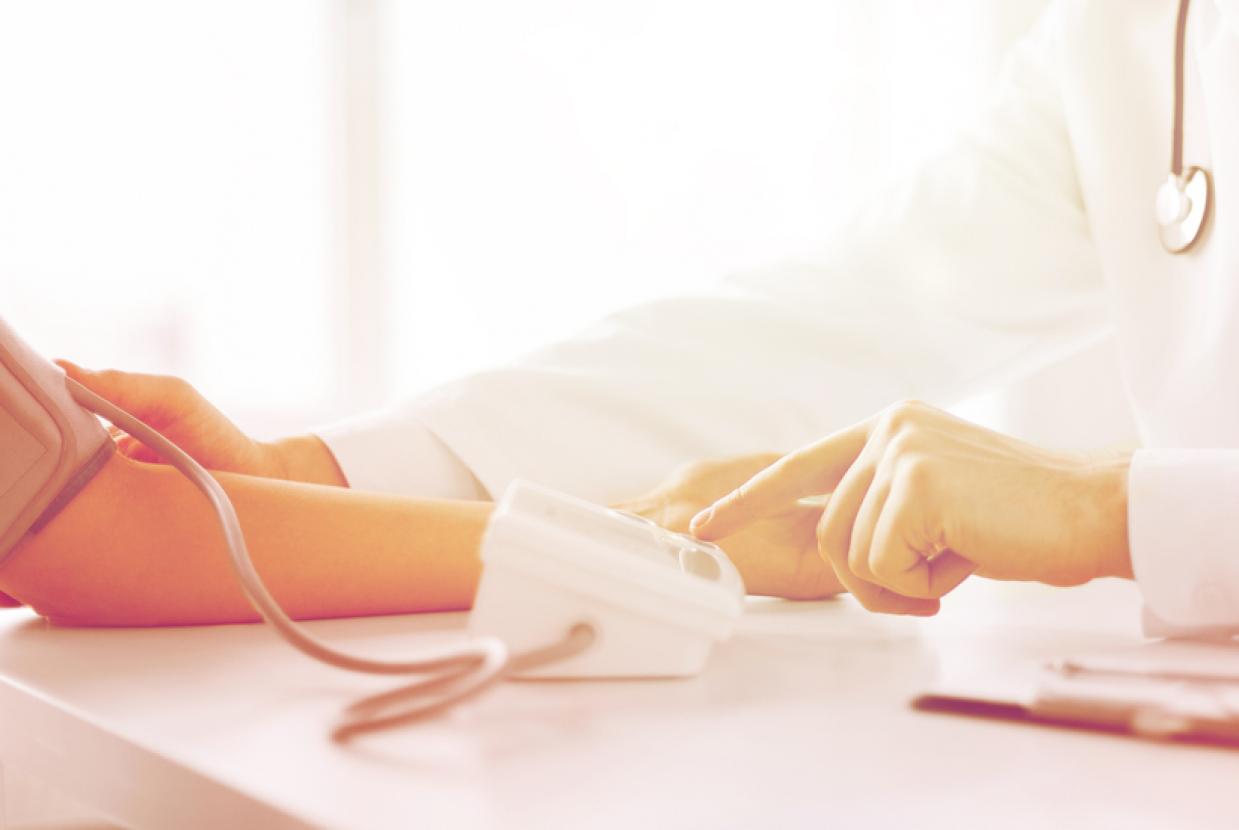Symptoms
The symptoms of depression can be complex and vary widely between people. If you're depressed, you may feel sad, hopeless and lose interest in things you used to enjoy. The symptoms persist for weeks or months and are bad enough to interfere with your work, social life and family life. There are many other symptoms of depression and you're unlikely to have all of those listed on this page.
Psychological symptoms
The psychological symptoms of depression include:
- continuous low mood or sadness
- feeling hopeless and helpless
- having low self-esteem
- feeling tearful
- feeling guilt-ridden
- feeling irritable and intolerant of others
- having no motivation or interest in things
- finding it difficult to make decisions
- not getting any enjoyment out of life
- feeling anxious or worried
- having suicidal thoughts or thoughts of harming yourself
Physical symptoms
The physical symptoms of depression include:
- moving or speaking more slowly than usual
- changes in appetite or weight (usually decreased, but sometimes increased)
- constipation
- unexplained aches and pains
- lack of energy
- low sex drive (loss of libido)
- changes to your menstrual cycle
- disturbed sleep – for example, finding it difficult to fall asleep at night or waking up very early in the morning
Social symptoms
The social symptoms of depression include:
- avoiding contact with friends and taking part in fewer social activities
- neglecting your hobbies and interests
- having difficulties in your home, work or family life.
Severities of depression
Depression can often come on gradually, so it can be difficult to notice something is wrong. Many people try to cope with their symptoms without realising they're unwell. It can sometimes take a friend or family member to suggest something is wrong.
Doctors describe depression in adults as either less severe (mild) or more severe (moderate or severe), based on:
- the symptoms, including how often you get symptoms and how bad they are
- how long depression lasts
- the impact on your daily life
A few people with severe depression may have symptoms of psychosis.
You'll usually be asked to answer a set of questions to help doctors assess how severe your condition is.
Grief and depression
It can be difficult to distinguish between grief and depression. They share many of the same characteristics, but there are important differences between them.
Grief is an entirely natural response to a loss, while depression is an illness.
People who are grieving may have symptoms of depression, but they usually improve with time. For some people, bereavement can lead to depression.
If you're grieving it's normal to have feelings of sadness. Some other symptoms of depression are rare with grief and bereavement, such as having suicidal thoughts, symptoms of psychosis and feeling hopeless or guilt-ridden.
Other types of depression
There are different types of depression, and some conditions where depression may be one of the symptoms. These include:
- postnatal depression – sometimes new mothers, fathers or partners develop depression after they have a baby; this is known as postnatal depression and it's treated in a similar way to other types of depression, with talking therapies and antidepressant medicines
- bipolar disorder – also known as "manic depression", in bipolar disorder there are spells of both depression and excessively high mood (mania); the depression symptoms are similar to depression, but the bouts of mania can include harmful behaviour, such as gambling, going on spending sprees and having unsafe sex
- seasonal affective disorder (SAD) – also known as "winter depression", SAD is a type of depression with a seasonal pattern usually related to winter
- premenstrual dysphoric disorder (PMDD) – a severe type of premenstrual syndrome (PMS) where you have symptoms including feelings of depression and anxiety in the weeks before your period
When to seek help
See a GP if you experience symptoms of depression for most of the day, every day, for more than 2 weeks.
A low mood may improve after a short time.


